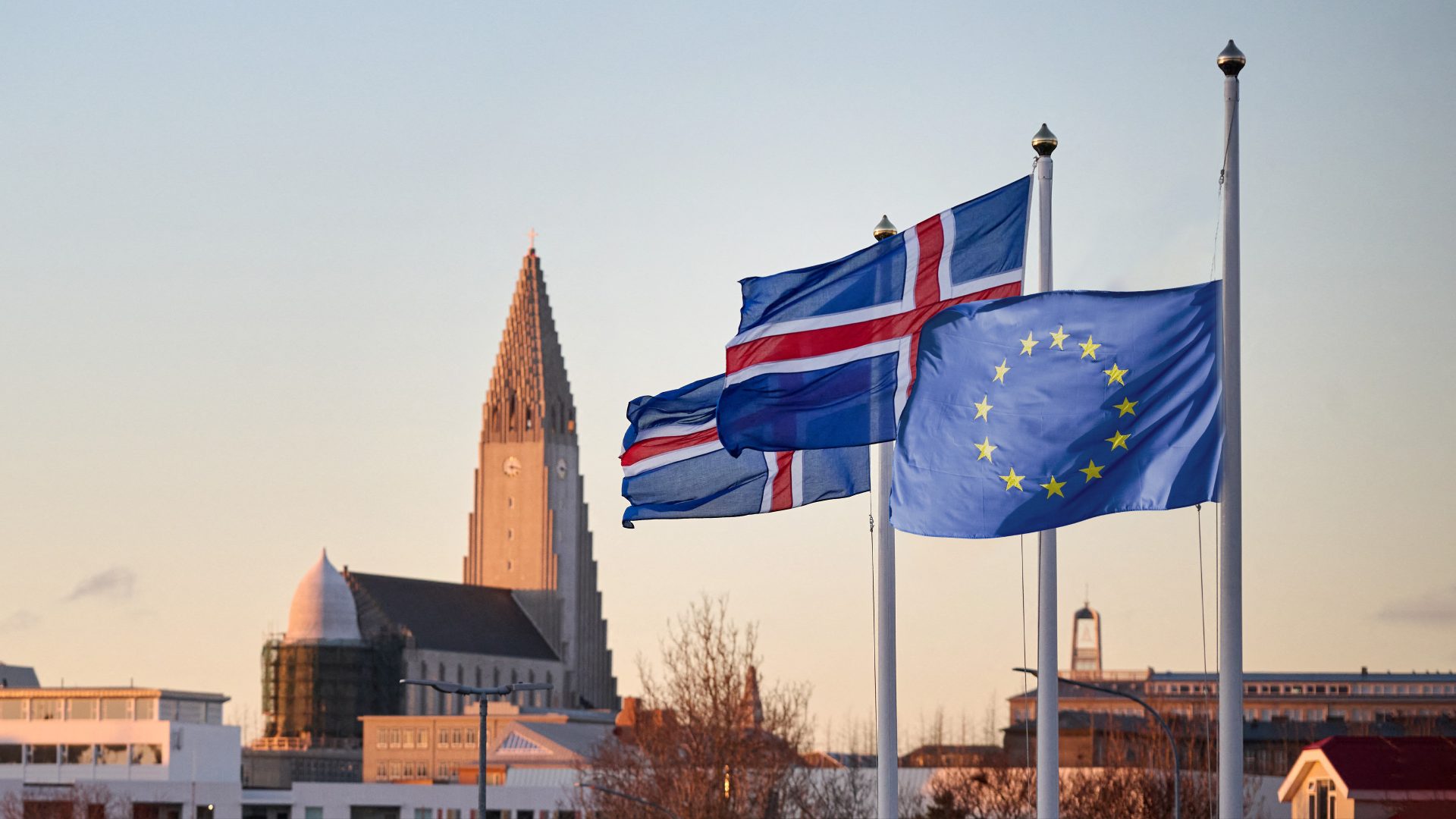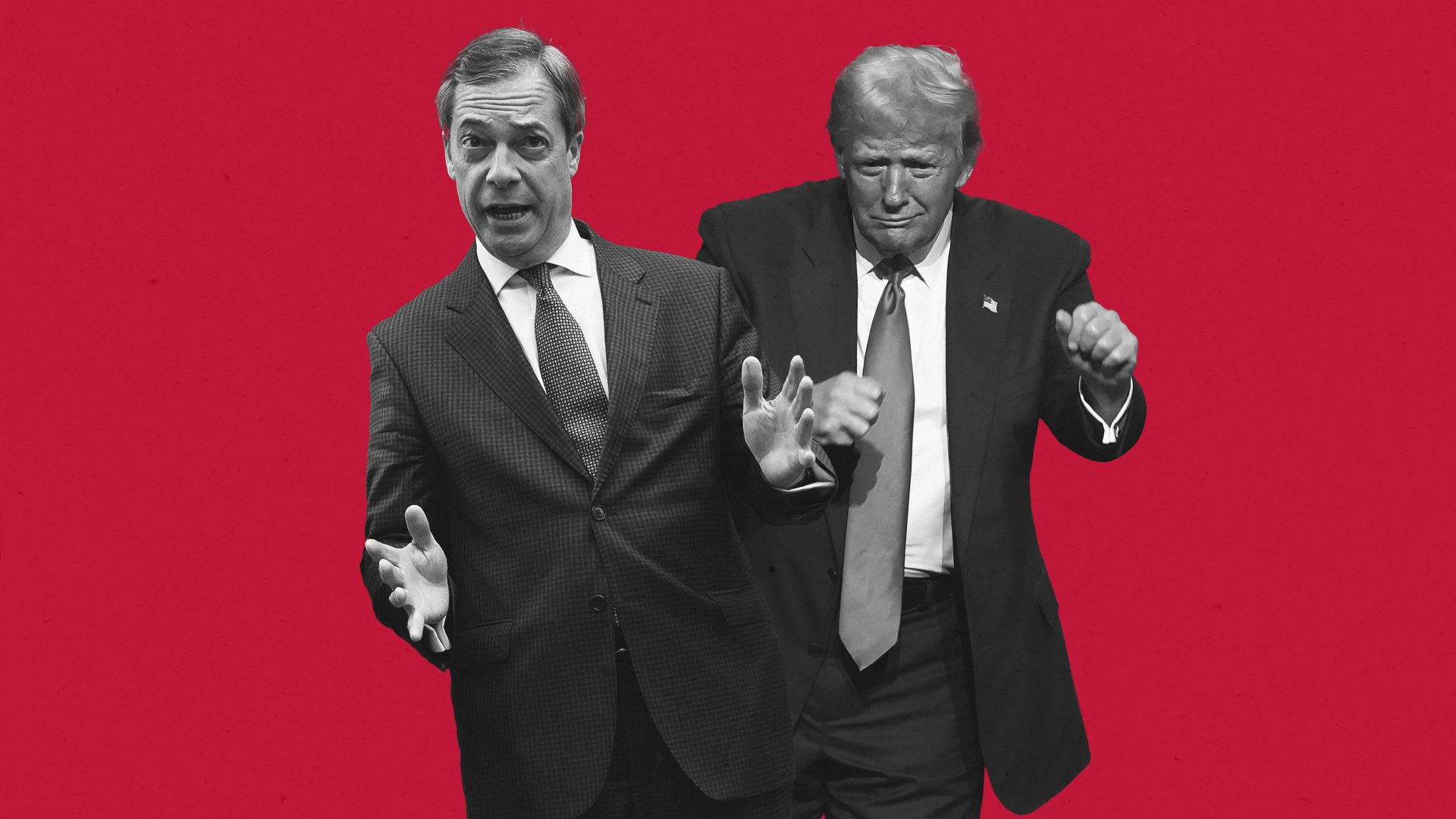Icelanders went to the polls on a stormy, dark Saturday in November 2024’s snap election, ushering in a new government and renewed interest in a referendum on joining the EU.
Þorgerður Katrín Gunnarsdóttir, the leader of the Liberal Reform Party and newly appointed minister of foreign affairs, quickly signalled that a referendum on the European Union is on the agenda.
“We agreed that a motion in parliament be agreed upon, stating that we will have a referendum on the continuation of Iceland’s European Union accession talks and that this referendum be held no later than 2027,” said Gunnarsdóttir at a press conference, shortly after the new government was announced on December 23.
The announcement marks a significant development in Iceland’s long-debated relationship with the EU. Icelanders want their say.
The EU has been a long-running topic of debate here in Iceland. While the nation is not a full EU member, Iceland participates in the European Economic Area, allowing access to the single market. Critics of EU membership argue that it would compromise Iceland’s sovereignty, particularly over its fishing industry, a cornerstone of the nation’s economy. Those in favour, however, maintain that joining the EU could provide greater economic stability, strengthen international ties, and enhance Iceland’s influence within the European bloc.
The new government’s decision follows a growing demand among Icelanders for clarity on the country’s position. Recent opinion polls show that public sentiment is divided, making the referendum potentially transformative for Iceland’s future.
According to a recent Maskína survey, 55.1% think holding a referendum is important, while 24.3% say it’s not.
Jón Steindór Valdimarsson, chairman of the pro-EU European Movement and new assistant to the minister of finance and economic affairs, told the news organisation Vísir that the survey results show the people’s decisive support for a referendum on the issue.
“For the first time in history, Icelanders will have a direct and unmediated say in decisions about Iceland’s relationship with the European Union,” he said. “The nation gives its blessing that the process that the Althingi [parliament] began with a parliamentary resolution in 2009… this will ultimately determine whether Iceland will become a member state of the European Union.”
On a frigid morning in downtown Reykjavík, I spoke to a few Icelanders who said they would vote no if a referendum were held.
“We were promised a referendum 15 years ago, and it never happened,” said a worker at a grocery store in downtown Reykjavík. “I’m quite anti-EU these days and would vote against joining, but we should have had the chance to vote on this years ago.”
Iceland’s last formal steps towards EU membership occurred in 2010, when it submitted an application to join the bloc. But negotiations were put on hold in 2013, and the application was subsequently shelved.
“I don’t want us to join,” said a taxi driver. “We would have to sacrifice too much, our control over our fish. I think it’s good to let us vote on it, but I think that most of us will vote no.”
Others I spoke to were strongly in favour of joining the EU.
“The referendum should have taken place a decade ago. However, the political parties that won the elections in 2013 broke their promise that the referendum would occur,” said one Reykjavík resident. “These parties, the Independence Party and the Center Party, are bought and paid for by the special interest that profits immensely from the Icelandic Króna at the expense of everyday people.”
He continued: “For the working Joe, the Icelandic Króna carries exorbitant interest rates and wages that can be halved in value on the turn of a dime. It is high time Iceland joined the European Union; it would certainly lower interest rates and lower the price of goods and services.
“More importantly, it would make Iceland safer, since it would strengthen its ties with European democracies at a perilous time.”
As the nation prepares for this pivotal vote, all eyes will be on the government’s ability to navigate the complexities of EU membership. For now, Icelanders have a clear timeline to decide whether they wish to remain outside the EU or take steps towards deeper integration.
Jenna Gottlieb is a freelance journalist living in Iceland



